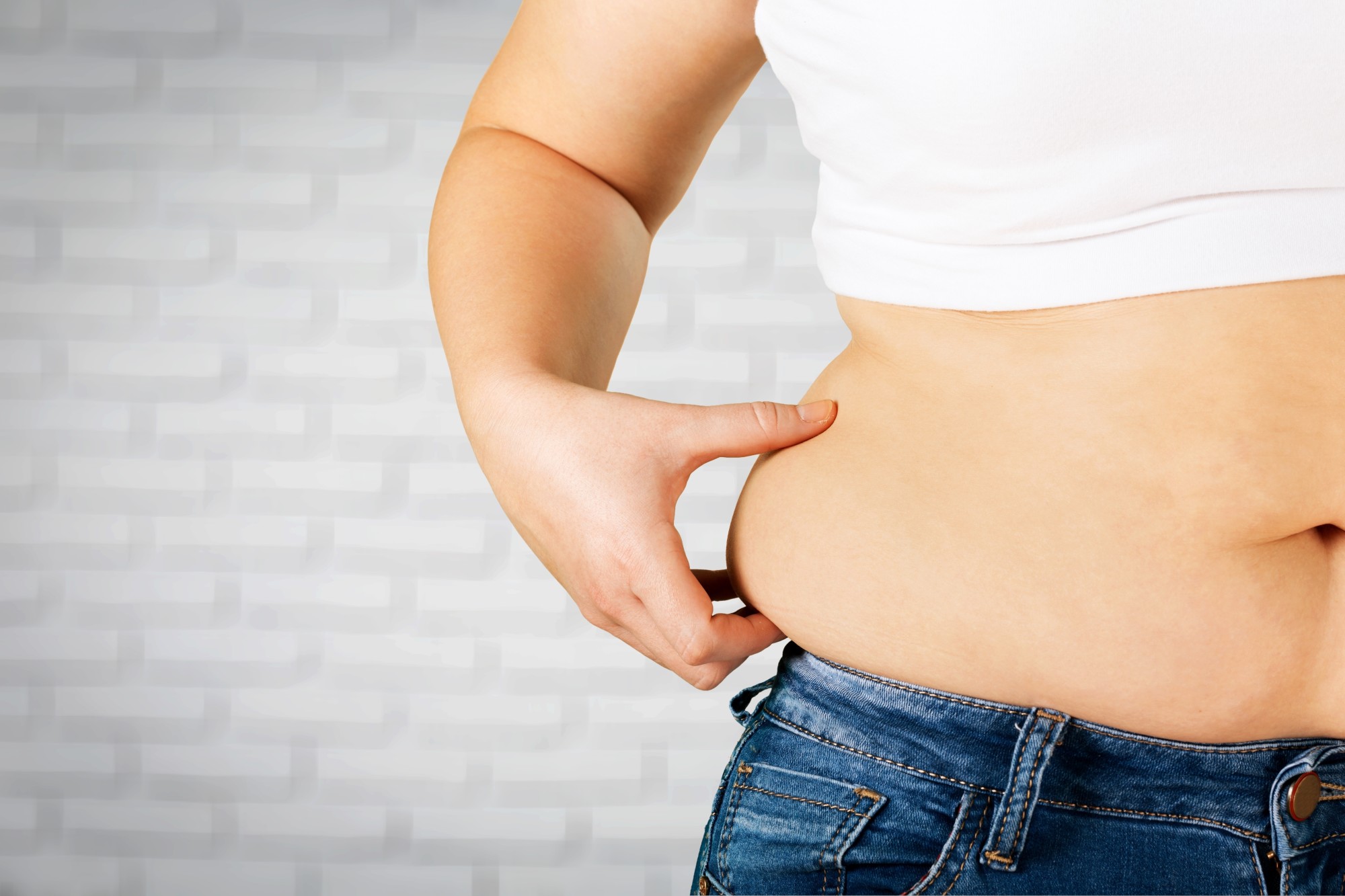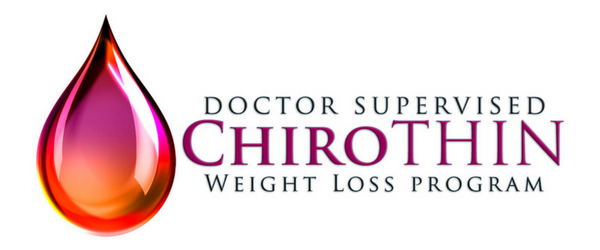
Have you gained weight since you turned 50? Have you noticed that the number on the scale is creeping up, or that your pants are tighter than they once were?
It can be a bummer for women to gain weight or experience body composition changes as they age. It might even seem impossible to lose weight after 50.
This doesn’t have to be the case, though. Read on for 5 tips that will help you kickstart your weight loss journey today.
Why Is Losing Weight After 50 Hard?
Before we explore what you can do to lose weight in your 50s (and beyond), let’s touch on the science behind weight gain in the latter half of your life. Why is it so hard to lose weight after 50?
Lost Muscle Mass
Research shows that many women experience changes in body composition as they get older and go through menopause (the cessation of menstruation).
It’s not uncommon for women to lose muscle mass and gain body fat with age. This means that the number on the scale might remain the same, but they may notice that their clothes fit differently.
Reductions in muscle mass also affect the metabolism. When you lose muscle, your metabolism slows down, and you burn fewer calories while exercising at rest. This means you might gain weight even if you’re exercising and eating the same way you once did.
Changes in Hormones
Changes in hunger hormone levels have been detected in women who are going through menopause, too. Specifically, levels of the hormone ghrelin, which is associated with feelings of hunger, are higher in perimenopausal women.
If ghrelin is high, you may feel hungrier, even if you’re already eating plenty of food. This can lead to overeating, which will result in weight gain.
Furthermore, low estrogen levels (a common occurrence during the later stages of menopause) can impair leptin function. Leptin is a hormone that controls feelings of fullness.
In other words, because your estrogen is low due to menopause, you may not feel full and will continue taking in additional calories. Over time, this will cause you to gain weight.
Increases in Fatigue
It’s common to feel fatigued during menopause. Your body’s going through a lot of changes, after all, and hormonal fluctuations may be wreaking havoc on your sleep (hot flashes, anyone?).
Because you’re feeling more fatigued, you may find that you’re feeling less motivated and moving around less during the day. You might have the best intentions in the morning but then end up skipping your evening workouts to relax on the couch with a glass of wine.
When your physical activity decreases, so does the number of calories you burn throughout the day. This, in turn, will lead to weight gain and will make it harder for you to lose fat.
Top 5 Weight Loss Tips for Women Over 50
Now, let’s get into the steps you can take to lose weight. For women over 50, in particular, these tried and true tips can help you get your body back and feel your best:
1. Focus on Strength Training
Remember, muscle loss during menopause is quite common. To reduce your chances of losing precious muscle mass, it’s important to make strength training a priority.
Lifting weights or doing bodyweight resistance exercises (push-ups, squats, lunges, etc.) will help you to preserve muscle and possibly even gain more.
Don’t worry about looking bulky or “manly” by doing this. Anyone who’s strength trained for a long time will tell you that it takes a lot of time and concentrated effort to put on that much muscle.
2. Prioritize Protein
To further support your muscle maintenance or muscle gaining efforts, make sure you’re consuming a sufficient amount of protein each day.
Protein is often referred to as the most satiating macronutrient. It’s known to help you feel fuller than carbohydrates or fat, so it should be a staple at every meal.
Aim to consume about 30 percent of your total calories from protein. For example, if you were eating 2,000 calories per day, you’d want to shoot for around 600 calories (or 150 grams) of protein per day.
3. Track Macros and Calories
It’s hard to know how much protein (or any other macronutrient) you’re consuming each day if you’re not tracking what you eat.
Try keeping a food journal or using an app to monitor what you’re eating. This helps to hold you accountable and makes it easier to see if you’re overeating.
You can also use these tools to pick up on patterns that could be sabotaging your progress. For example, are you eating very little in the morning and then binging at night because you’re so hungry?
4. Manage Stress
Going through menopause or just dealing with life as a 50-something-year-old can be stressful, to say the least. When you don’t manage your stress in healthy ways, though, it can make it even harder for you to lose weight.
High levels of stress hormones (such as cortisol) are associated with increases in belly fat, specifically. Stress may also impair your ability to resist cravings and could cause you to overeat and gain more weight.
Make sure you’re taking the time to engage in activities that reduce stress. It could be exercising, going for walks, reading a book, taking a bath — the choice is yours. Pick something that you enjoy and that’s easy for you to include in your routine.
5. Work with a Professional
Don’t be afraid to reach out to and work with a professional, either.
Losing weight after 50 can be tricky, but a medical professional or weight loss expert can help. They can assess your current situation, review your medical history, and help you come up with a plan that works well for your unique needs and goals.
Learn More About Doctor-Supervised Weight Loss Today
Fast and safe weight loss after 50 is possible. Keep the 5 tips listed above in mind as you begin your fitness journey.
Do you need more guidance? Are you ready to get started on the path to a healthier you? Click here to find a ChiroThin doctor in your area.
